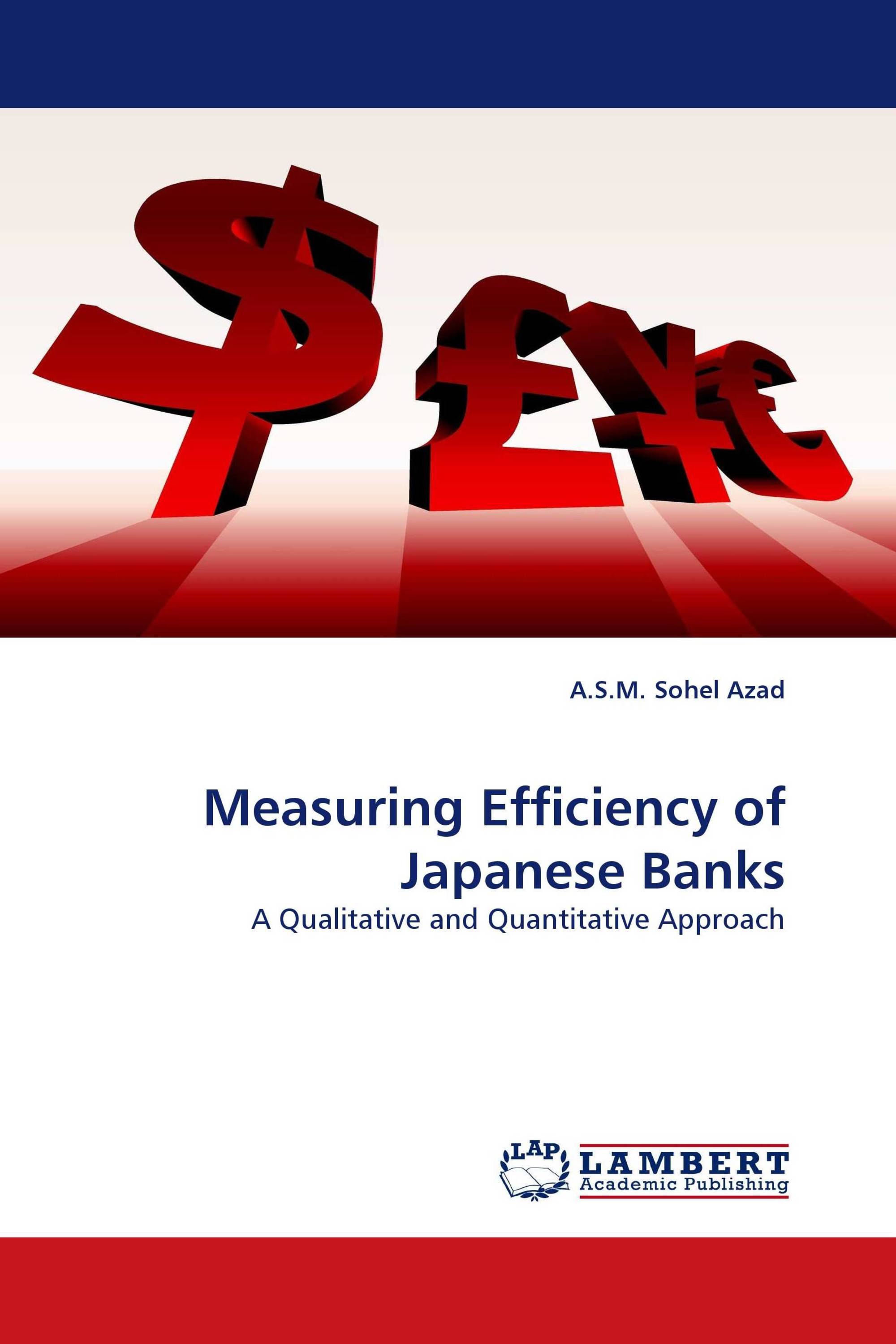Measuring Efficiency of Japanese Banks
A Qualitative and Quantitative Approach
LAP Lambert Academic Publishing ( 2010-03-09 )
€ 49,00
Japanese banks are the world''s largest by assets but the weakest in terms of profitability and financial strength index. The growth of Japanese economy largely depends on performance of banking sector due to its predominant role of corporate financing. After the collapse of twin bubbles in the early 1990s, Japanese banks have been saddled with huge non-performing loans led by a series of corporate bankruptcies. Since then, several measures were undertaken to improve banking performance. This book analyzes the efficiency of Japanese banks by using some qualitative or quantitative approaches. The study suggests that inefficient banks need to emphasize on managerial efficiency and investment productivity to improve their overall efficiency. The empirical anlaysis is then extended to examine the impact of policy changes (during the period from 2002 to 2006) on the efficiency. The analysis suggests a substantial improvement in the overall efficiency of Japanese banks, albeit a significant difference of efficiency scores between the major/city banks and the regional banks.
Book Details: |
|
|
ISBN-13: |
978-3-8383-5020-2 |
|
ISBN-10: |
3838350200 |
|
EAN: |
9783838350202 |
|
Book language: |
English |
|
By (author) : |
A.S.M. Sohel Azad |
|
Number of pages: |
116 |
|
Published on: |
2010-03-09 |
|
Category: |
Economics |




